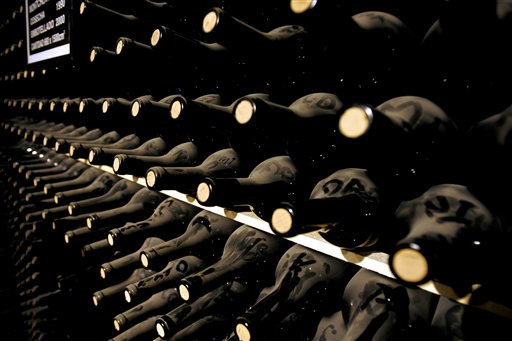Centuries of winemaking turns Argentina into wine Mecca
By

Centuries of winemaking turns Argentina into wine Mecca
By
This episode of Worldview was originally broadcast on June 4, 2012.
Wine is not what commonly comes to mind when you think about globalized commodities. However, anyone who walks through a wine shop can see that wine has been a globalized commodity for quite some time. In fact, wine came over to this continent with Columbus on his ships.
On Worldview’s Food Mondays segment, we talk to author Ian Mount about his book The Vineyard at the End of the World: Maverick Winemakers and the Rebirth of Malbec. The book details the fascinating 400-year history of how a wine Mecca arose in the Andean desert making Argentina a modern winemaking powerhouse.
On importance of wine in Argentine culture:
“Wine was part of the religion, you had to have it as a good Catholic.”
On investing in vineyards in Argentina:
“When you plant a vineyard, you don’t get any grapes for three years. You’re not making quick money off this.”
On the Argentina’s path to better Malbec:
“Other winery owners looked at this rustic, rough, brown wine and said ‘that’s a Malbec problem,’ not ‘that’s a wine-making problem’.”
On Argentina’s wine identity in a global market:
“Argentine Malbec, it’s almost like one word that flows together…when people think of Argentine wine, they think of this unique grape that you get almost nowhere else.”
On American import of Argentine wine:
“There’s this unique wine with this great rich plummy color and flavor that arrived in the US just as Americans were starting to drink wine. I remember in my family it was the late 80’s when the cans of beer and bottles of cheap scotch went out and the wine came in—sort of by happenstance Argentina arrived as American palettes were growing up.”